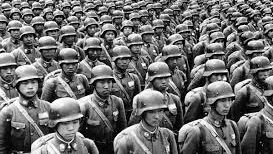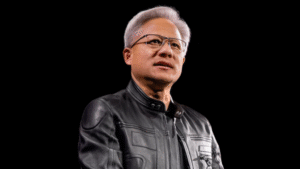New York — Zohran Mamdani’s election as the 111th mayor of New York City marks a watershed moment in American urban politics. At just 34 years old, Mamdani is the youngest mayor in more than a century and the first Muslim to lead the nation’s largest city. His victory over former governor Andrew Cuomo and Republican Curtis Sliwa reflects a generational and ideological shift in voter preferences.
Born in Kampala, Uganda, to academic Mahmood Mamdani and filmmaker Mira Nair, Mamdani moved to Queens as a child and grew up immersed in New York’s diverse communities. His background as a Democratic Socialist and state assemblyman shaped a campaign focused on affordability, housing reform, climate policy, and social justice.
Mamdani’s promises include free bus services, affordable housing initiatives, and raising the minimum wage to $30 by 2030. These bold proposals resonated with younger voters and immigrant communities, fueling the largest voter turnout in New York City in over five decadesUSA Today.
His victory also underscores the growing influence of progressive movements in U.S. cities. Analysts note that Mamdani’s leadership will be closely watched for its domestic impact and international resonance, particularly given his outspoken positions on global issues.
As mayor, Mamdani will oversee critical aspects of city life, including the public school system, police force, transportation networks, and infrastructure, shaping policies that affect more than 10 million residents across the five boroughs. His four‑year term begins January 1, 2026, with the possibility of re‑electionTempo.co English.
Challenges remain. Moderates and conservatives have expressed skepticism about his progressive agenda, while international critics have raised concerns about his outspoken views. Nonetheless, Mamdani has pledged to unify the city and deliver on his promises, assembling a transition team of experienced administrators to ensure stability.
For global observers, Mamdani’s election is more than a local victory. It symbolizes the rise of diverse leadership in major urban centers, the growing acceptance of Muslim Americans in politics, and the potential redefinition of governance in one of the world’s most influential cities.









